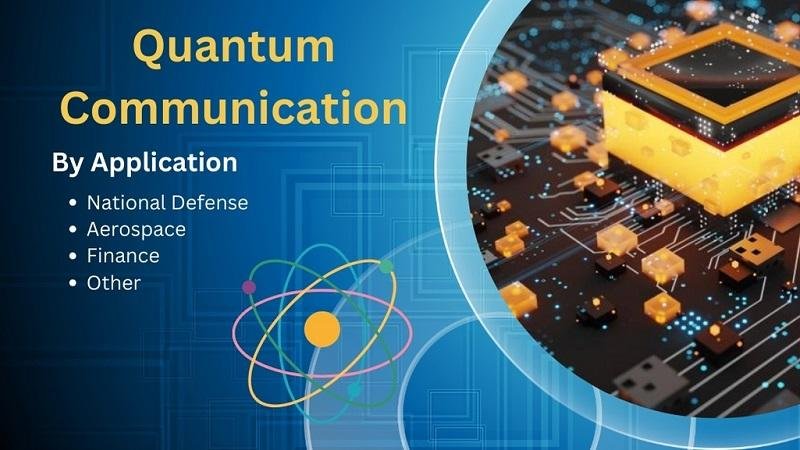The race to build the next generation of secure infrastructure is creating a vibrant and strategically critical new sector. The US Quantum Communication Market represents a confluence of advanced physics, national security interests, and commercial innovation. The market for these next-generation security solutions is experiencing explosive interest, with projections indicating it will grow to $2,183 million by 2035, rising at a powerful 26.15% CAGR as the trend toward unconditionally secure data intensifies. This burgeoning market is an ecosystem composed of specialized hardware manufacturers, sophisticated software developers, government research laboratories, and forward-thinking enterprises, all working to translate the esoteric principles of quantum mechanics into tangible, real-world security solutions that can protect the nation's most critical digital assets from emerging threats.
The market landscape is populated by a unique mix of players. On one side are specialized quantum technology startups and established companies, such as Quantum Xchange, ID Quantique, and Toshiba, who are pioneering the development and commercialization of Quantum Key Distribution (QKD) systems and other components. These companies are the primary drivers of innovation, turning laboratory breakthroughs into enterprise-grade products. On the other side are the technology giants like Google, IBM, and Microsoft, who, while often focused on quantum computing, are also conducting significant research in quantum communication as part of their broader quantum strategy. A third and crucial pillar is the extensive network of national laboratories and university research centers, which receive significant government funding to push the fundamental scientific boundaries and train the next generation of quantum engineers.
The market can be segmented into several key components, each representing a distinct area of development and investment. The hardware segment is currently the largest, comprising the highly specialized and expensive equipment needed to build quantum networks. This includes single-photon sources, ultra-sensitive single-photon detectors, quantum random number generators, and precise timing and synchronization equipment. The software segment, while smaller, is rapidly growing in importance. This includes the complex software needed to manage the QKD key exchange process, integrate quantum channels with existing classical networks, and provide a user-friendly management interface. Finally, the services segment is emerging as a critical enabler, encompassing consulting, network design, implementation, and the potential for future "Quantum-Security-as-a-Service" offerings.
The primary customer base for the US quantum communication market is currently concentrated in sectors with the highest security requirements. The defense and aerospace industry is a leading early adopter, seeking to secure military and intelligence communications against sophisticated state-level adversaries. The banking and financial services sector is another key market, driven by the need to protect high-value financial transactions and sensitive customer data from future threats. Government agencies are also significant investors, looking to safeguard critical national infrastructure and classified information. As the technology matures and costs decrease, adoption is expected to broaden to other sectors, including healthcare, for protecting patient data, and telecommunications, for building the next generation of secure public networks.
Explore Our Latest Trending Reports:

